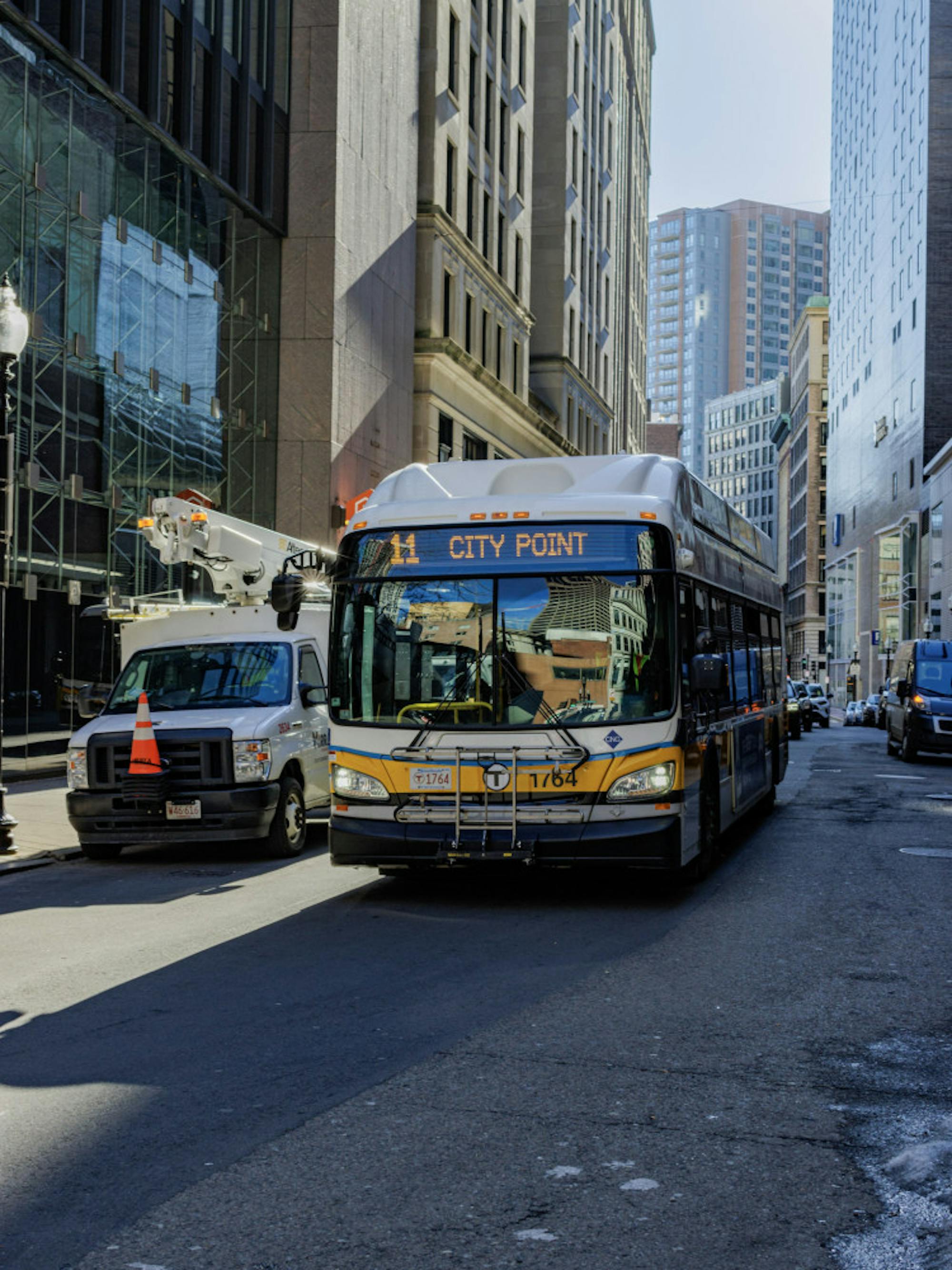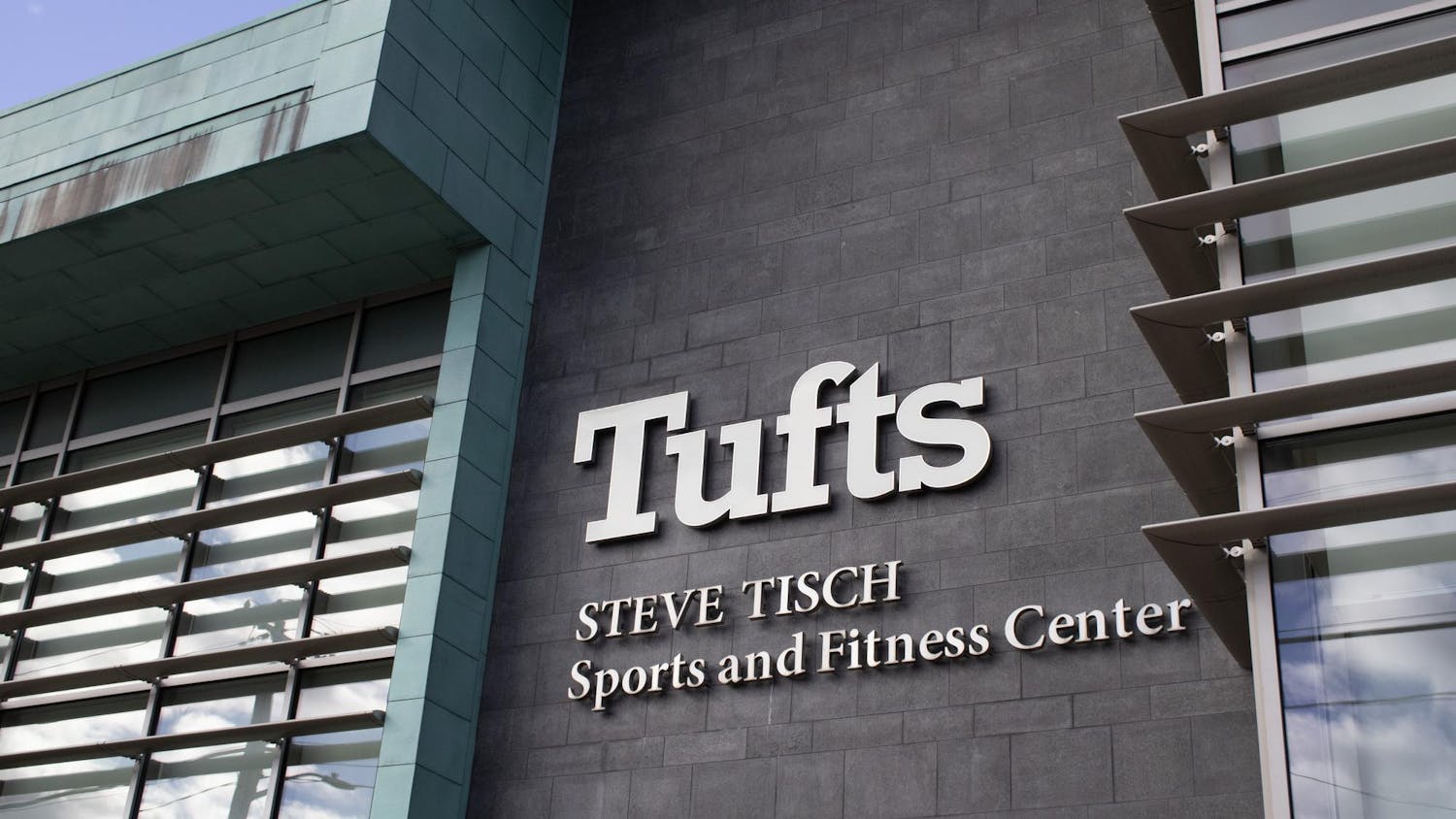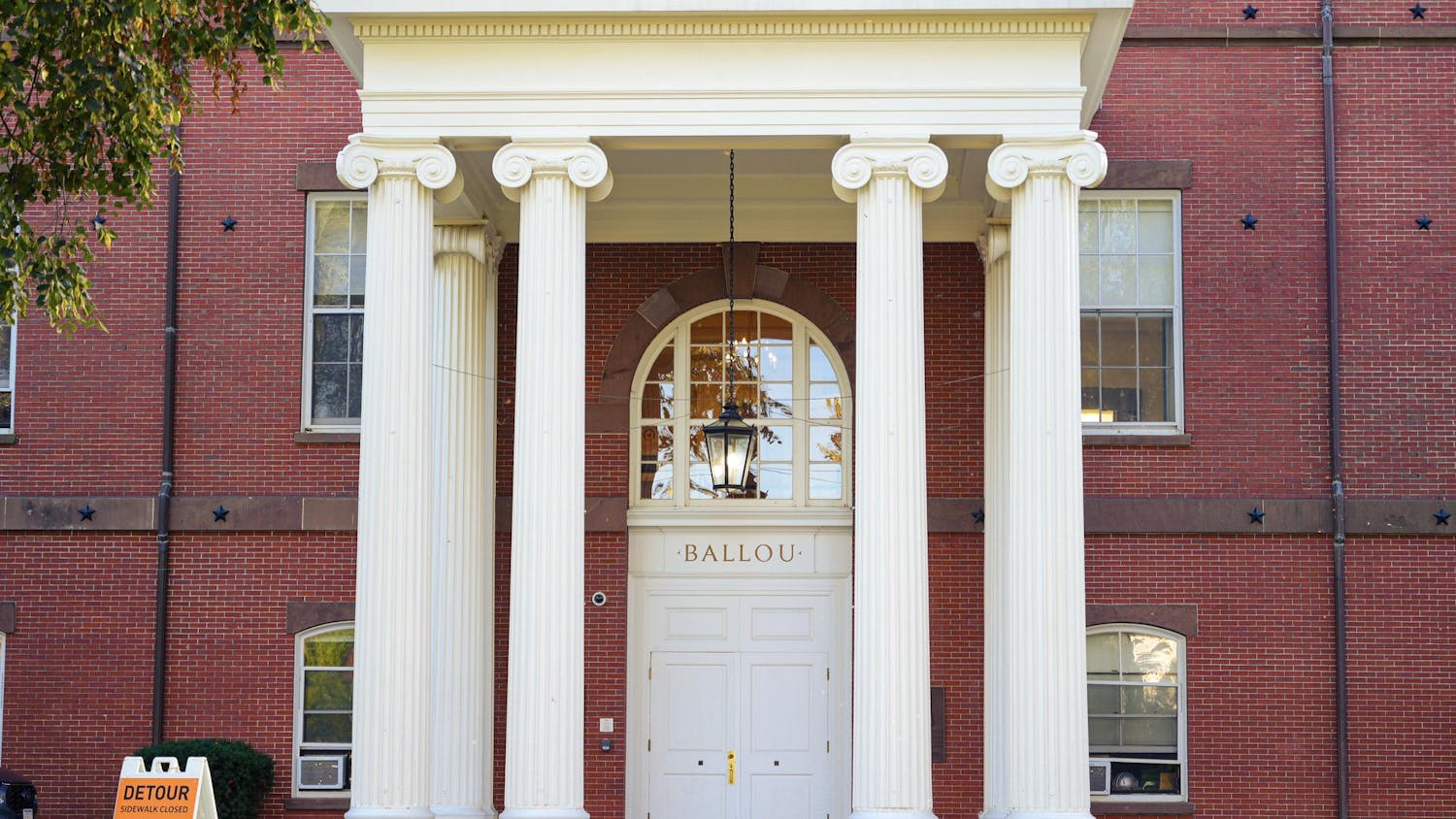A bill proposed by representatives of Medford and Somerville that would establish a one-year fare-free bus pilot program within the Massachusetts Bay Transportation Authority is moving through the Massachusetts House and Senate, having recently been referred to the Joint Committee on Transportation.
The pilot program would make fares completely free for 10 priority MBTA bus routes and 10 other routes that saw higher-than-average ridership between March and December 2020. At least three of these routes would have terminals at MBTA commuter rail suburban stations, MBTA subway stations and bus depot destinations.
The bill, introduced by Sen. Patricia Jehlen in the Senate and State Reps. Christine Barber and David Henry Argosky LeBoeuf in the House, is currently waiting on a report from the Joint Committee on Transportation after receiving an extension until April 8.
“This legislation intends to increase ridership on public transportation, prioritize environmental justice communities, decrease cars on the road and carbon emissions, and promote public health,” Barber, who represents the 34th Middlesex District, wrote in an email to the Daily.
Proponents of the bill outlined the various benefits of free fares for low-income riders, rider experience and the climate. Jehlen, who represents the Second Middlesex District, told the Daily in an email that the program would speed up ride times and make routes more reliable.
“There would be less dwell time, as buses wouldn’t have to wait for passengers to pay,” Jehlen wrote. “This would reduce commuting time and make timing more predictable for bus riders, making transit more attractive, and increasing a shift from cars to transit. It also could reduce crowding and buses leapfrogging. The National Association of City Transportation Officials estimates that the time it takes to pay fares is 1/3 of the time a bus spends en route.”
Jehlen also explained how free fares would contribute to racial and economic justice efforts.
“Since bus riders are more likely to be low-income and people of color than subway or commuter rail [riders], fare free buses can contribute to reducing inequality and increasing economic survival for those workers,” Jehlen wrote.
Beyond expanding access to transportation, Barber said that the program would have an impact on air quality in poor, nonwhite communities, thereby improving health outcomes.
“Transportation emissions worsen health issues like asthma, reduced lung capacity and respiratory illnesses particularly in environmental justice neighborhoods, where residents of color are exposed to 26-36 percent more pollution from vehicle emissions compared to the exposure of white residents,” Barber wrote.
Jehlen said that a variety of factors make this moment apt for the pilot program.
“This is the right time for fare free pilots,” Jehlen wrote. “It is also a crucial time, as commuting patterns and work patterns are changing, so it may be more possible to change those patterns.”
Jehlen said that state surpluses and funds from the American Rescue Plan Act could be used to fund the pilot program and that MBTA fares account for only a small portion of their revenue.
“There would be no cost for fare collection, which would offset some of the lost revenue,” Jehlen wrote. “Bus fares are less than 10% of [Regional Transit Authority] revenue and only 5% of MBTA revenue. The cost of the new contract for [the] MBTA fare system is over $600M and years away from completion, with [an] estimated $33M in annual costs to operate.”
The idea to reduce or eliminate public transportation costs is not new in the Boston area. Jehlen said that Regional Transit Authorities in Worcester and Lawrence implemented free fare services during the pandemic and saw a 20% increase in ridership, according to Jehlen. Boston Mayor Michelle Wu has also made the goal of providing free public transportation central to her administration, recently announcing the launch of a two-year free fare program on Routes 23, 28 and 29.
“Expanding fare-free transit to Routes 23, 28, 29 will better connect our communities, increase ridership, and ease congestion for all our residents,” Wu wrote in a press release. “We hope this is just the beginning of access to fare-free public transit in Boston. [I] look forward to working with our partners across the Commonwealth to build a sustainable, reliable, accessible, and affordable transportation system that truly serves our residents and our local economy.”
Both Barber and Jehlen said that the implementation of a fare-free bus pilot program would allow for data collection and observation of its impact on public transportation, information that could be used to build a larger, more permanent plan in the future.
“The pilot will provide valuable information on the benefits and ways to design a fare free program,” Barber wrote. “Given the results, we will work to create permanent free fares on environmental justice routes and having fare free or low-income fare options for every person in need.”






